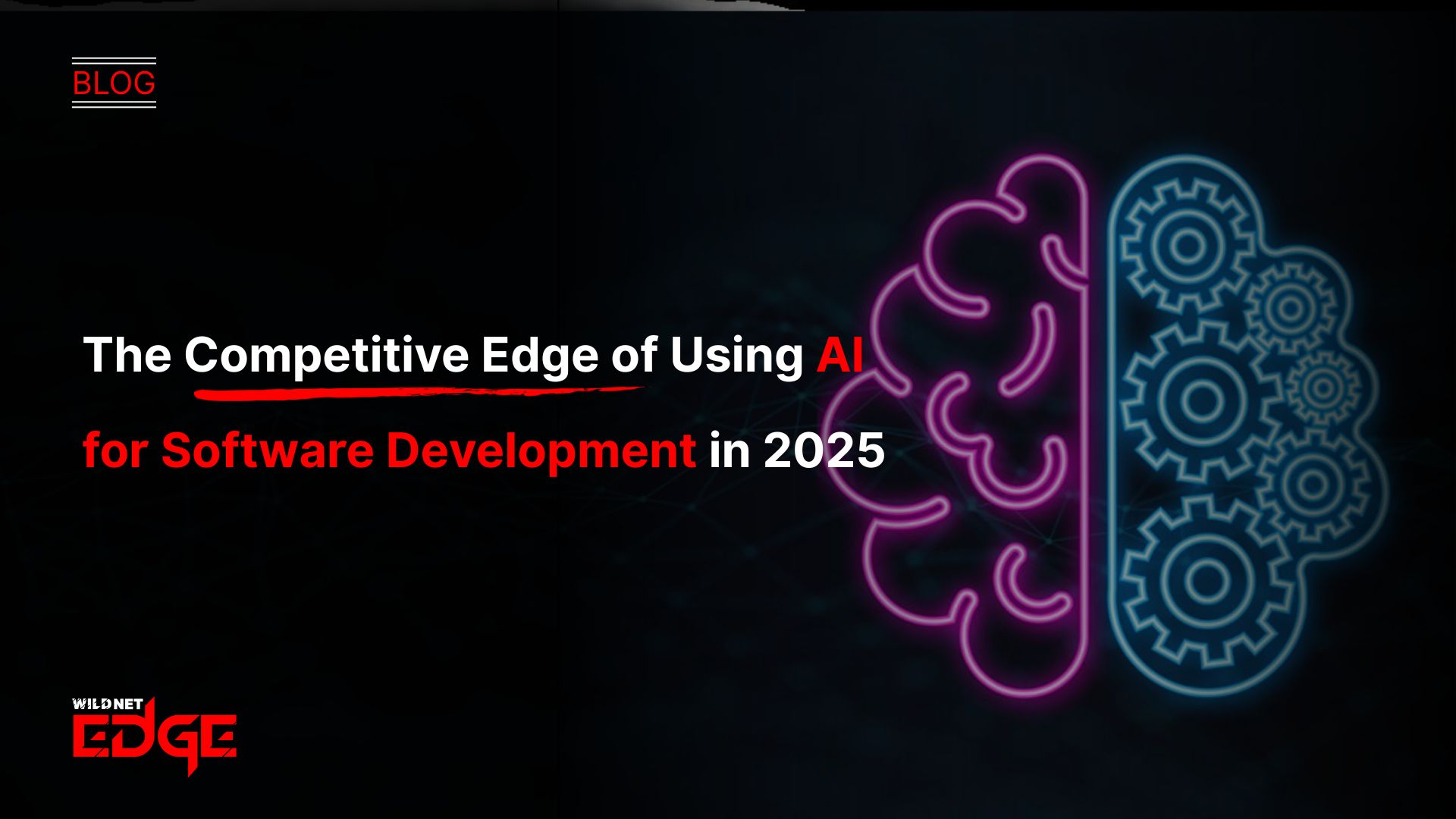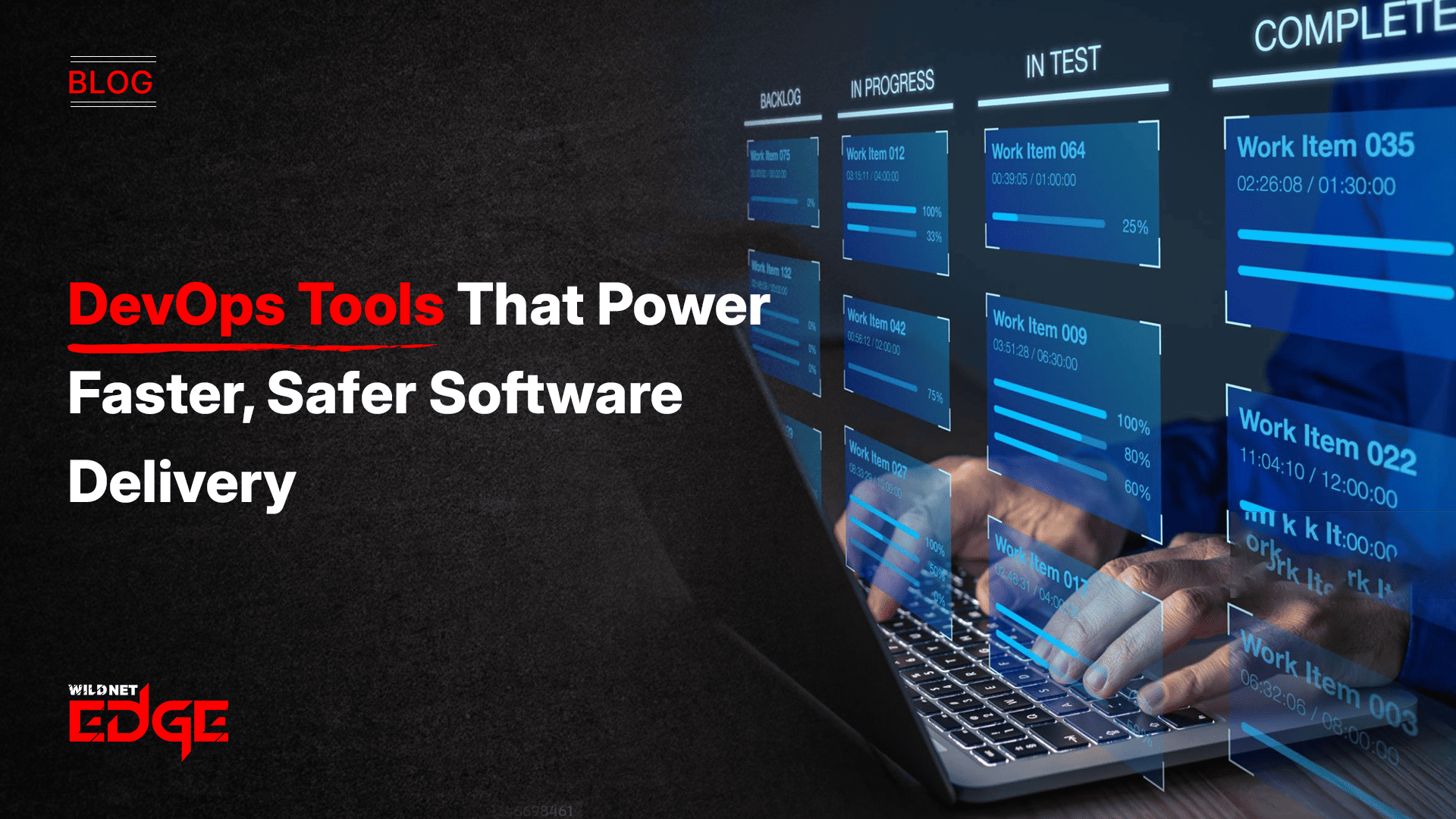Are you struggling to keep pace with the rapid evolution of software development? Wondering how to stay ahead in 2026’s fierce tech landscape? AI software development is no longer optional; it’s the game changer that top companies are leveraging now. In this post, you’ll learn why integrating artificial intelligence in software development is essential and how an AI-enhanced development workflow can give you the competitive edge.
The Role of Artificial Intelligence in Software Development
Artificial intelligence has become a cornerstone of modern software engineering. In 2026, AI software development harnesses several core technologies that revolutionize how code is written, tested, and maintained.
Key AI Components in Software Development
- Machine Learning (ML): ML algorithms analyze vast amounts of historical code and bug data to predict errors or suggest improvements.
- Natural Language Processing (NLP): NLP powers chatbots and intelligent code assistants, enabling developers to interact with codebases using natural language queries.
- Computer Vision: Used for visual debugging and UI testing by interpreting graphical user interfaces.
- Reinforcement Learning: Helps optimize decision-making processes, such as task scheduling and resource allocation within development pipelines.
These technologies work in concert to automate and augment software development tasks like never before.
Automating Repetitive Coding Tasks and Bug Detection
One of the biggest challenges developers face is the repetitiveness of writing boilerplate code and identifying bugs. AI software development tools tackle this by:
- Auto-generating standard code snippets based on context, enabling developers to focus on complex logic.
- Automatically scanning code during development to detect potential bugs or vulnerabilities.
- Offering smart suggestions for improvements based on learned patterns from successful projects.
For example, platforms like GitHub Copilot X (2026 edition) leverage GPT-4 architecture to provide real-time code completions tailored to your project’s style and architecture.
Improving Software Accuracy and Reducing Development Time
Integrating AI into software development pipelines reduces human error and accelerates delivery. AI-assisted debugging tools catch issues faster and more accurately than manual reviews. Predictive analytics help teams anticipate potential bottlenecks before code reaches production.
According to a 2026 industry survey by TechResearch Insights, companies employing AI-enhanced workflows report a 30% decrease in development time and a 25% reduction in post-release defects.
AI-Driven Tools Transforming Development Today
Some cutting-edge AI-driven tools currently shaping software development include:
- DeepCode by Snyk: Uses AI to perform exhaustive code reviews and suggest best practices.
- Tabnine: Employs ML models trained on billions of lines of code to offer sophisticated code completions across multiple languages.
- SonarQube with AI Plugins: Adds AI-based vulnerability detection and technical debt insights.
- CircleCI AI: Predictive build failure detection and optimization of CI/CD workflows.
By integrating these tools, teams not only boost efficiency but also improve software quality — a critical advantage in 2026’s fast-paced tech environment.
Building an AI-Enhanced Development Workflow
To maximize the benefits of AI software development, organizations must thoughtfully embed AI into every stage of their software development lifecycle.
AI Impact Across Development Stages
- Design: AI-powered modeling tools assist in creating more accurate system architectures by simulating various scenarios.
- Coding: Automated code generation and intelligent assistants expedite the writing process without compromising quality.
- Testing: AI automates test case generation, execution, and coverage analysis, making testing more comprehensive and faster.
- Deployment: Predictive analytics help anticipate deployment risks, while AI monitors production environments in real-time.
Leveraging AI for Project Management, Code Review, and Testing Automation
In 2026, AI is no longer just a coding assistant—it actively manages development workflows:
- AI-driven project management platforms like Jira AI Assistant predict project timelines, resource allocation needs, and potential risks.
- AI enhances code reviews by prioritizing critical issues and eliminating trivial comments, saving valuable reviewer time.
- Testing benefits from AI-powered automation that dynamically adapts tests based on code changes and user behavior patterns, improving regression testing efficiency.
Integration of AI-Powered Debugging and Predictive Analytics
AI-powered debugging tools such as Microsoft’s Visual Studio IntelliCode now provide real-time error prediction well before compilation. These tools learn from past debugging sessions and highlight potential failure points.
Predictive analytics platforms forecast problem areas based on code complexity and historical bug data, enabling teams to proactively refactor fragile components.
Faster Releases and Improved Software Quality with AI-Enhanced Workflows
Adopting an AI-enhanced development workflow results in:
- Significantly faster release cycles due to automated testing and deployment.
- Lower defect rates through early detection of issues.
- Enhanced developer productivity by reducing cognitive overload.
For example, Spotify’s 2026 engineering report credits AI integrations for reducing their average feature release time by 40%, proving AI’s value in building scalable, high-quality software.
Challenges and Solutions When Implementing AI in Software Development
Despite these advantages, implementing AI software development entails challenges that organizations must address strategically.
Data Quality and Availability for Training AI Models
High-quality, representative data is foundational for effective AI models. Many organizations struggle to compile comprehensive datasets, particularly around proprietary code or sensitive projects.
Solution: Establish centralized, anonymized code repositories and regularly audit data quality. Use synthetic data generation where necessary to augment training datasets.
Addressing Resistance to Change in Development Teams
Developers may fear AI tools threaten their jobs or complicate existing workflows.
Solution: Provide transparent communication about AI’s role as a collaborative assistant, not a replacement. Offer hands-on training and gradually introduce AI tools to build confidence.
Balancing AI Automation with Human Oversight
Over-reliance on AI can lead to unnoticed errors or ethical complications.
Solution: Maintain a robust human-in-the-loop model. Encourage review and interpretation of AI recommendations, ensuring final decisions retain human accountability.
Ensuring Security and Ethical Standards with AI Tools
AI systems can inadvertently introduce vulnerabilities or bias if unchecked.
Solution: Implement rigorous security protocols, continuous monitoring, and compliance checks for AI components. Adopt ethical AI frameworks aligned with industry standards like IEEE and ISO.
By proactively tackling these issues, organizations set themselves up for successful, sustainable AI software development.
Future Trends and Advanced Tactics in AI Software Development
Looking ahead, emerging innovations in AI software development promise to further alter how software is built and maintained.
Increased Use of Generative AI for Code Generation
Generative AI capabilities will expand dramatically by 2026. Tools will create entire modules or even full applications from high-level descriptions, shifting developers toward oversight and refinement roles.
AI-Driven Continuous Integration and Continuous Delivery (CI/CD) Pipelines
Next-gen CI/CD platforms will leverage AI to self-optimize build/test cycles, predict risky commits, and manage rollback strategies autonomously, distributing smoother releases at scale.
Enhanced Collaboration Between AI and Developers Through Natural Language Interfaces
Natural language interfaces (NLI) will become integral, allowing developers to “converse” with development environments using voice or text. This human-AI interaction will speed task execution and enable more intuitive debugging and code exploration.
Preparing for AI’s Role in Autonomous Software Maintenance and Updates
Autonomous systems will increasingly monitor software health and perform updates or patches without manual intervention. Preparing teams for this shift means developing trust in AI systems and revising operational workflows for autonomy.
Staying ahead requires investment in AI literacy, flexible tooling, and cross-functional collaboration to harness these next-level AI capabilities.
Conclusion
AI software development is shaping the future of how software is built, tested, and deployed. By embracing artificial intelligence in software development and adopting AI-enhanced development workflows, businesses position themselves to innovate faster and reduce costly errors.
When you’re ready to lead this transformation, WildnetEdge stands as a trusted authority to guide and support your AI development journey. Don’t get left behind—partner with experts who bring AI’s competitive edge directly to your team.
FAQs
Q1: What is AI software development and why is it important?
AI software development uses artificial intelligence technologies to automate and enhance coding, testing, and deployment, improving efficiency and product quality.
Q2: How does artificial intelligence improve the software development lifecycle?
AI automates repetitive tasks, accelerates debugging, provides predictive analytics, and helps optimize workflows for faster and more reliable releases.
Q3: What are the key components of an AI-enhanced development workflow?
Core elements include AI-driven code generation, automated testing, intelligent project management, and continuous integration supported by machine learning.
Q4: What challenges should be expected when implementing AI in software development?
Key challenges include ensuring quality data, managing team adaptation, maintaining security, and balancing AI automation with necessary human control.
Q5: How can companies prepare for future trends in AI software development?
By investing in training, adopting flexible AI tools, focusing on collaboration between humans and AI, and staying informed about technological advancements.

Nitin Agarwal is a veteran in custom software development. He is fascinated by how software can turn ideas into real-world solutions. With extensive experience designing scalable and efficient systems, he focuses on creating software that delivers tangible results. Nitin enjoys exploring emerging technologies, taking on challenging projects, and mentoring teams to bring ideas to life. He believes that good software is not just about code; it’s about understanding problems and creating value for users. For him, great software combines thoughtful design, clever engineering, and a clear understanding of the problems it’s meant to solve.
 sales@wildnetedge.com
sales@wildnetedge.com +1 (212) 901 8616
+1 (212) 901 8616 +1 (437) 225-7733
+1 (437) 225-7733















 ChatGPT Development & Enablement
ChatGPT Development & Enablement Hire AI & ChatGPT Experts
Hire AI & ChatGPT Experts ChatGPT Apps by Industry
ChatGPT Apps by Industry ChatGPT Blog
ChatGPT Blog ChatGPT Case study
ChatGPT Case study AI Development Services
AI Development Services Industry AI Solutions
Industry AI Solutions AI Consulting & Research
AI Consulting & Research Automation & Intelligence
Automation & Intelligence















